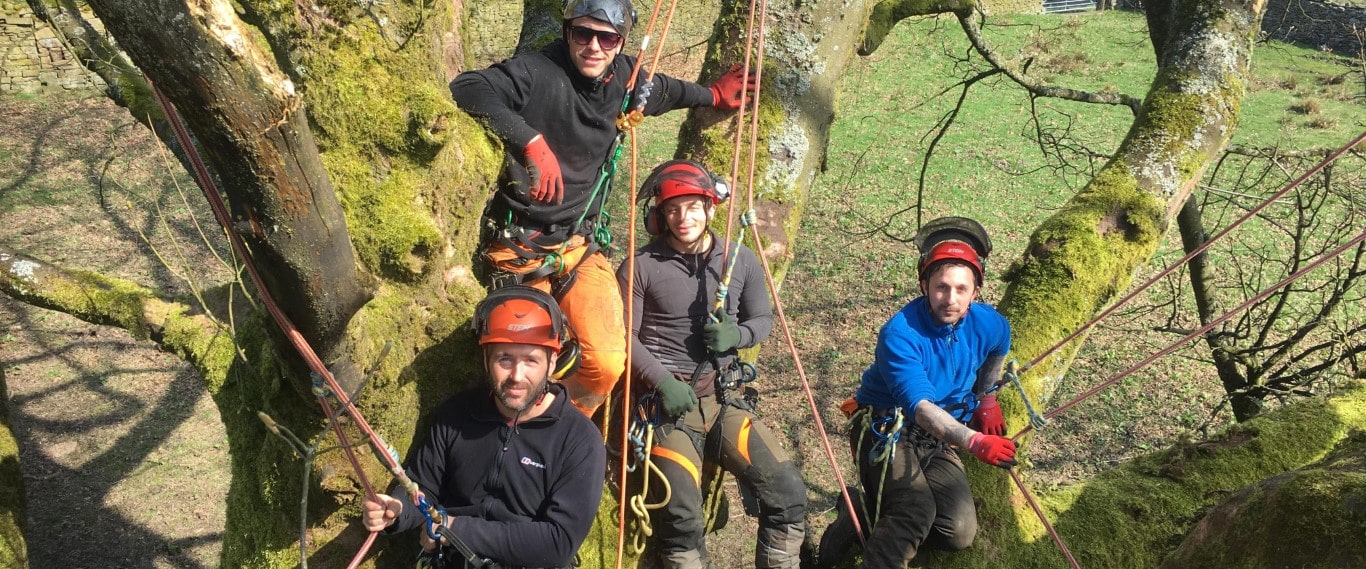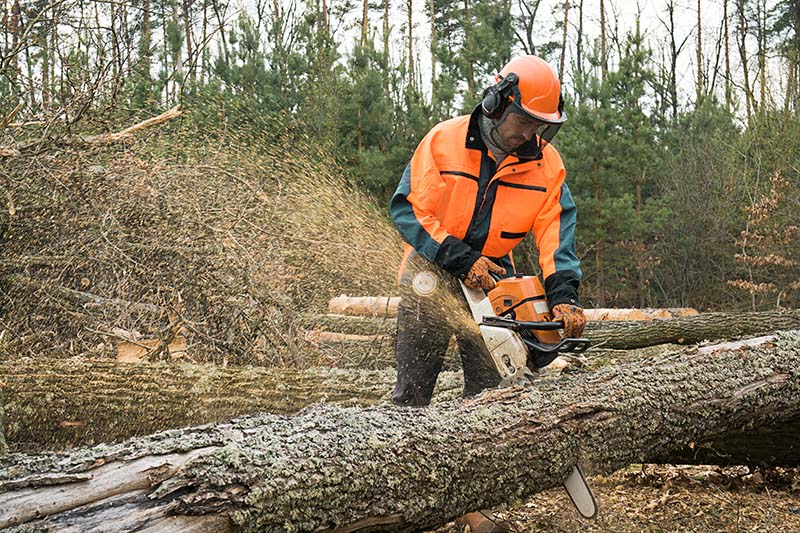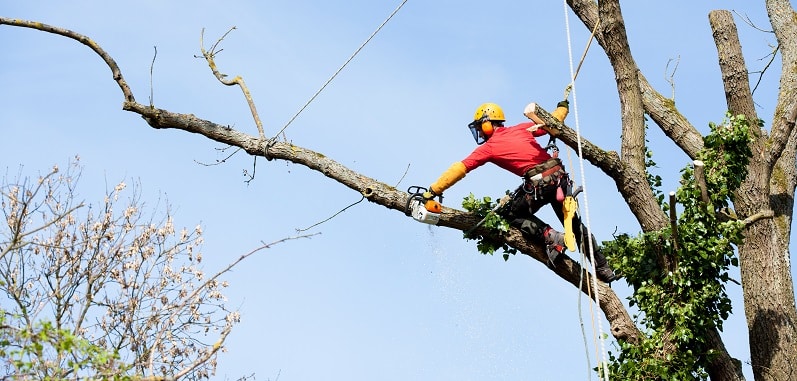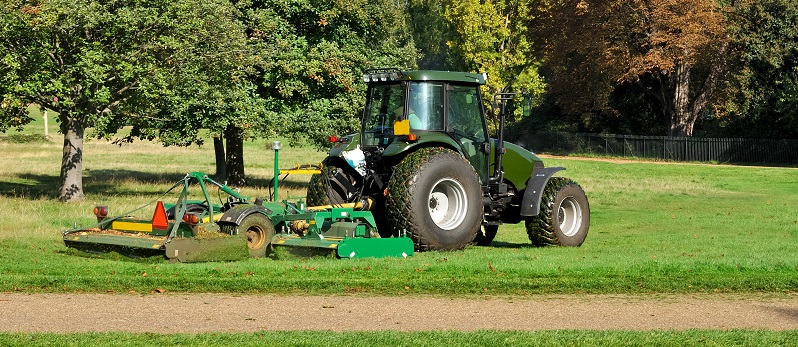
Thinking about a career in Arboriculture?
Here are some key points to consider and some useful links to help you decide whether Arboriculture is for you and if so which areas you might want to focus on.
The Nature of the work
Arboriculture involves, planting, preserving, protecting and felling trees and shrubs. Areas you could specialise in include:
- tree climbing and maintenance
- tree preservation and conservation
- parks and gardens
- planning
- tree survey and inspection
There are employment opportunities in both rural and urban areas.
There is scope to be your own boss and work as a self employed person, small business or contractor as a tree climber or a consultant if you have developed the skill set and experience. If you prefer to work as an employee for a larger organisation there are also career opportunities with local authorities and conservation organisations, utility companies and of course the larger arboricultural service providers.
It is traditionally a male dominated profession but the number of female entrants is increasing and opportunities are improving, so please don’t let this put you off if you are a woman considering aboriculture as a career.
The work is physically demanding and high risk, insurance costs can be high for the self employed. Frequent travel is required, you have to go to the trees! Sometimes it is necessary to stay overnight away from home.
Employment opportunities are good for well qualified and skilled people, especially if you have the ability to communicate and work alongside other professions like environmental consultants, planners and landscape architects.
Salary and Working Hours
The hours will vary from job to job, sometimes work will be necessary in the evenings or on weekends.
Arborists and Craftspersons (those who perform hands on work only) will earn between £15,000 and £22,000. Sometimes entry level employees are paid on a day or project based rate.
Skilled Arboriculturalists will earn a salary of between £22,000 and £32,000
Supervisory and management level roles attract salaries of £26,000 to £35,000
Salaries will vary based on the job and location with highest salaries in the South East.
Qualifications and Career Paths
It is not necessary to have a degree but if you do have a degree in agriculture, aboriculture, ecology, forestry, horticulture, land management or similar it will help with career development and employment prospects.
If you do not have a degree you can start and develop your career by successfully completing several of the NPTC assessment units (many of them are available here on our website) and building experience in the field.
You will need a good level of fitness, a clean driving license and the ability to enjoy working outdoors and at heights.
If you are able to identify different tree types and shrubs that is also a good start.
Overtime, as you develop your skills, gain experience and vocational and/or academic training you could move from being a hands on arborist working with a commercial tree care company or local authority to a aboricultural officer maintaining and managing trees for councils or contractors or supervising aboricultural work for larger contractors. Progressing from there could involve running your on contracting business or consultancy or working a senior management level for a professional tree surgery company – for example.
Where to from here?
TKF Training offer a 4 week fast track basic Arborist training package which will get you off to a great start here>>
If you are a Miltitary service leaver we have some funded Arboricultural career training packages here>>
Countryside Jobs Service is a great source if you are looking for employment in the Arboricultural Sector
CTC recruitment is also a good place for job opportunities here>>
Green Jobs is a specialist recruitment website>>
For more information on the industry and training courses available see:
The Aboricultural Association here>>
Lantra Awards – for the range of courses offered by the awarding body “Lantra”.
and
City and Guilds NPTC range of courses can be viewed here.
TKF training offer a comprehensive range of Aboricultural courses from both the Lantra and NPTC awarding bodies and can provide you with advice on an appropriate course program to start your aboricultural career – contact us here>>





